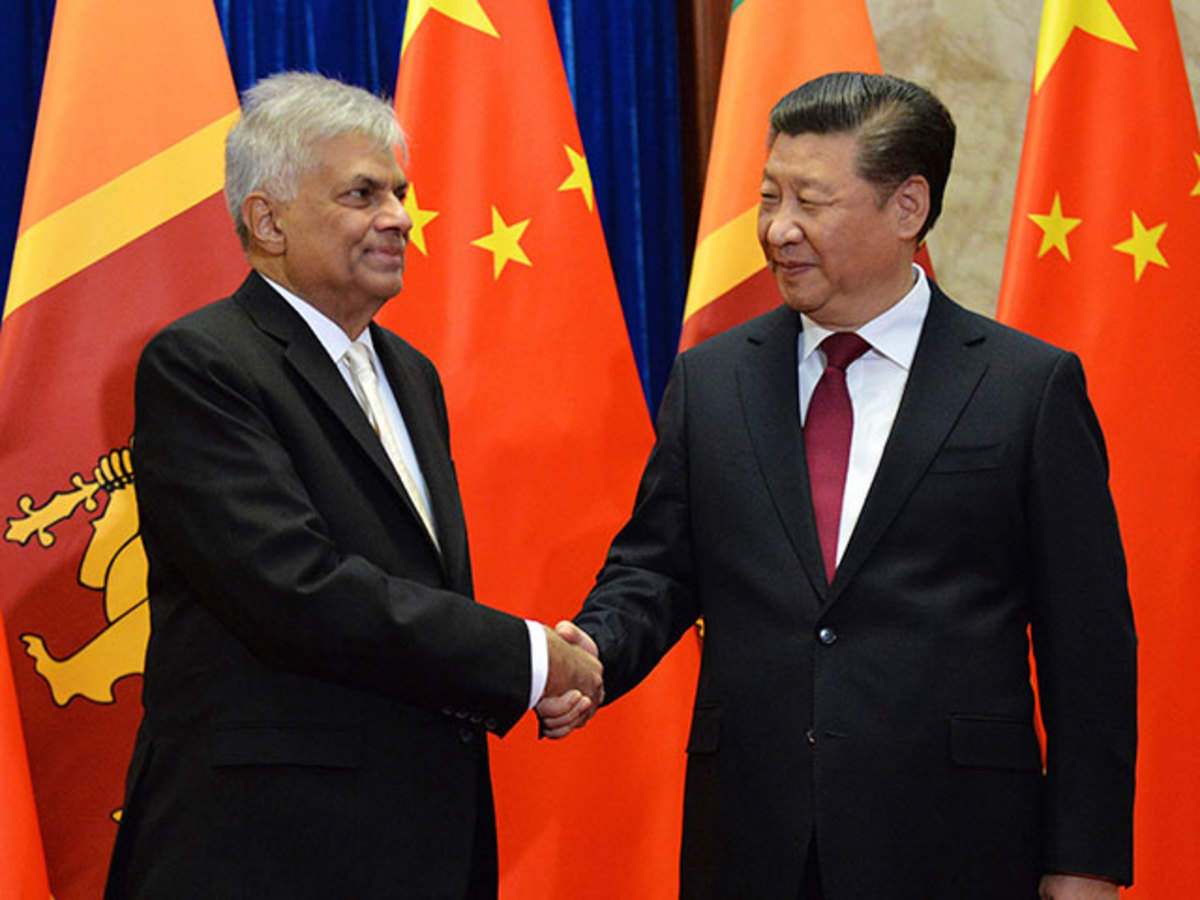Rather than heed warnings from its allies and neighbours, Sri Lanka is pushing ahead with embracing China to tackle its economic woes.
Ignoring warnings from the United States, according to which Sri Lanka’s problems are rooted in its dependence on China and its mega infrastructure projects (which represent a security issue for India), Sri Lankan leaders are pressing on.
Sri Lanka’s goal is to get new financing and assistance from the Belt and Road Initiative (BRI), as evinced by the latest deal signed in May with the China Merchants Group for a logistics port complex in the capital worth US$ 392 million.
Launched in 2014 and due for completion in 2041, Colombo Port City’s US billion investment to rival Dubai is but the latest of Chinese-funded mega infrastructure projects in Sri Lanka.
China already has some of the most important ports in the world, with at least 10 of the top 100, along with several smaller ports on the coastline and inland, key to support export chains.
“According to the Liner Shipping Connectivity Index (LSCI), which scores countries and their respective container ports,” China is a leader since “about 80 per cent of global trade is moving by sea,” said economic analysts Viraj Samarakoon, speaking to AsiaNews.
That is why, “tapping into maritime shipping networks has been central to China’s strategy of export-led economic development.”
For scholars Samantha Hewapathirana and Anuradha Wijetillake, “Beijing’s efforts to shape global maritime connectivity do not end on China’s borders. The scale of China’s activities has raised questions about potential impacts on recipient countries, including broader implications of Beijing’s growing economic influence.”
An example of this is the port of Hambantota leased to a Chinese state-owned company to pay off (or reduce) Sri Lanka’s debt to China. This has sparked concerns about Chinese economic influence and the potential risks for smaller countries of signing expensive development deals with China, especially with respect to their territorial sovereignty.
Economic analyst Sanuth Wijewardena explains that “since 2021, Sri Lanka has undergone high fiscal deficits, with unprecedented levels of inflation as well as price surges of basic and essential commodities, including medicines. Due to depleted foreign reserves, Colombo announced that it would suspend foreign debt payments in April 2022.”
At the time, its “foreign debt totalled US$ 34.8 billion,” Wijewardena notes, “with nearly half from market borrowing and its largest lenders were China, the Asian Development Bank and World Bank.”
Source: Asia News


